 Eye Crust (Sticky Eye) Eye Crust (Sticky Eye) |
 Neurological Disorders Neurological Disorders |
 The Month in Photos! The Month in Photos! |
 Majestic T-Shirts Majestic T-Shirts |
 Gift Keepsakes for Animal Lovers Gift Keepsakes for Animal Lovers |
 Majestic Gift Shop Majestic Gift Shop |
 Majestic Sponsorships Majestic Sponsorships |

To Make a
Donation, please click here: Donation
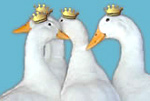
Please Help Today!
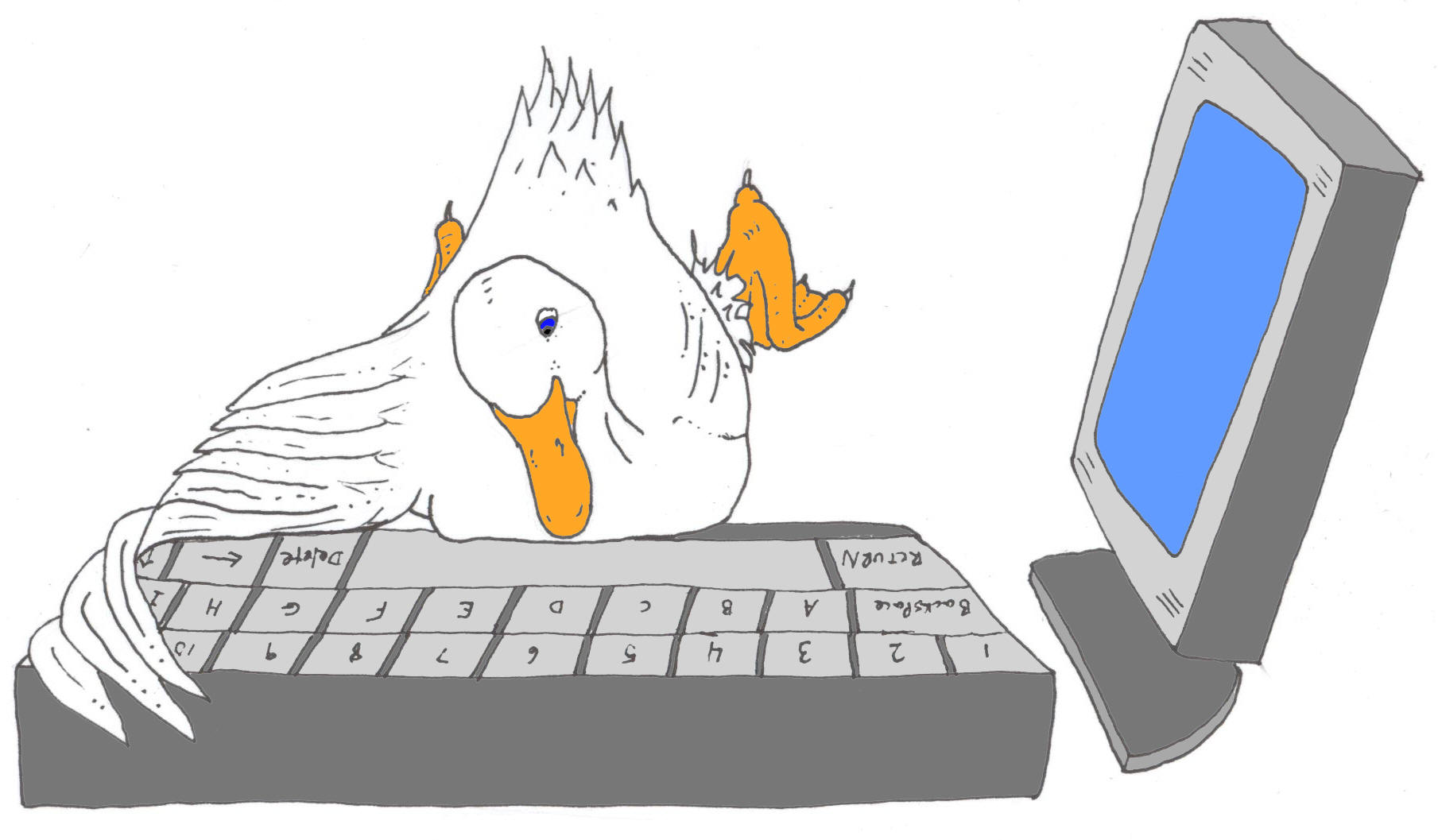
Visit Majestic on Facebook
For lots of
photos and updates as they happen! This is where you can see and
hear all the latest news FIRST!
And visit us on Instagram too: @majestic_waterfowl_sanctuary
The Month in Photos!
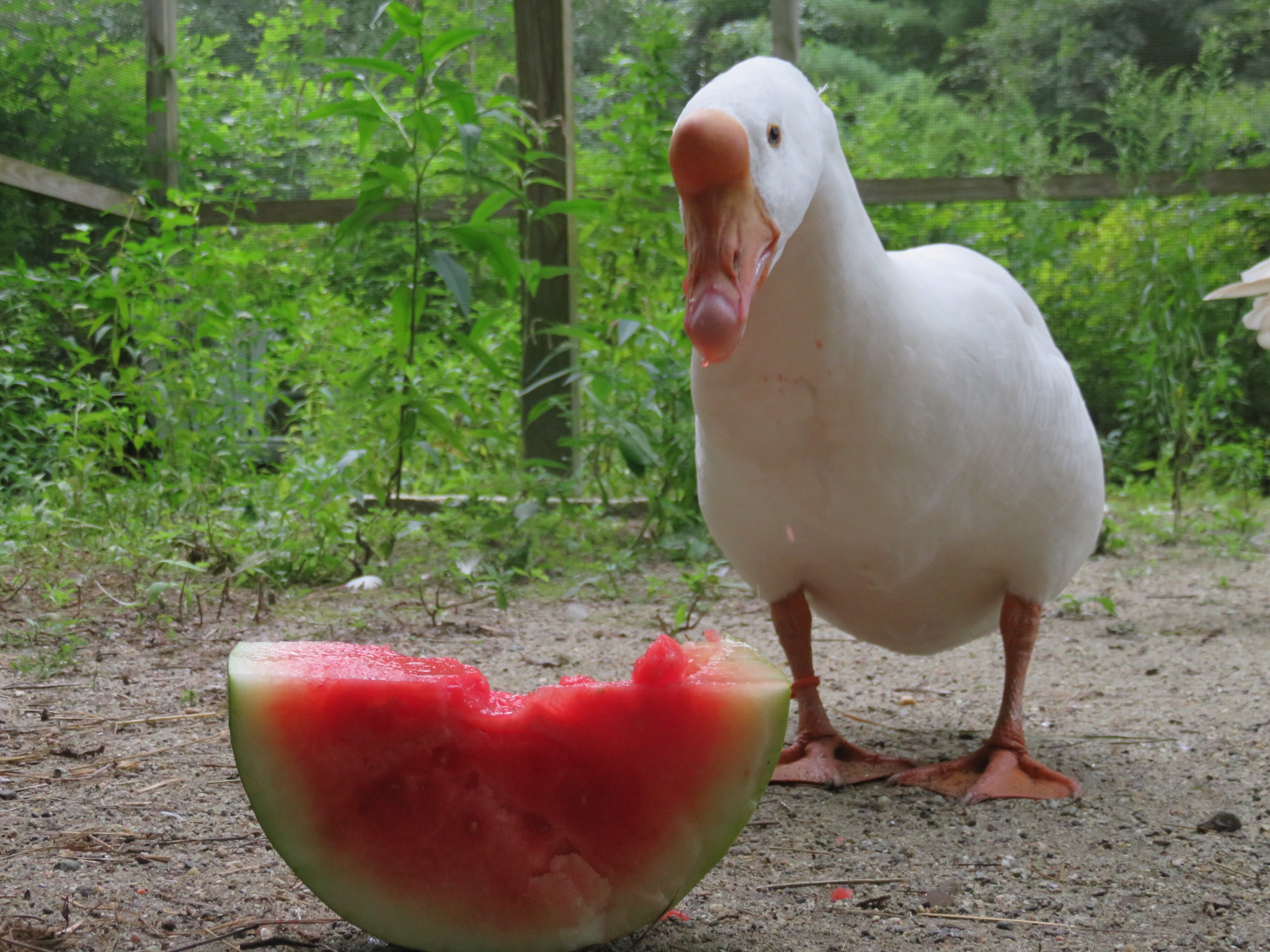
Yolanda Enjoys a melon!
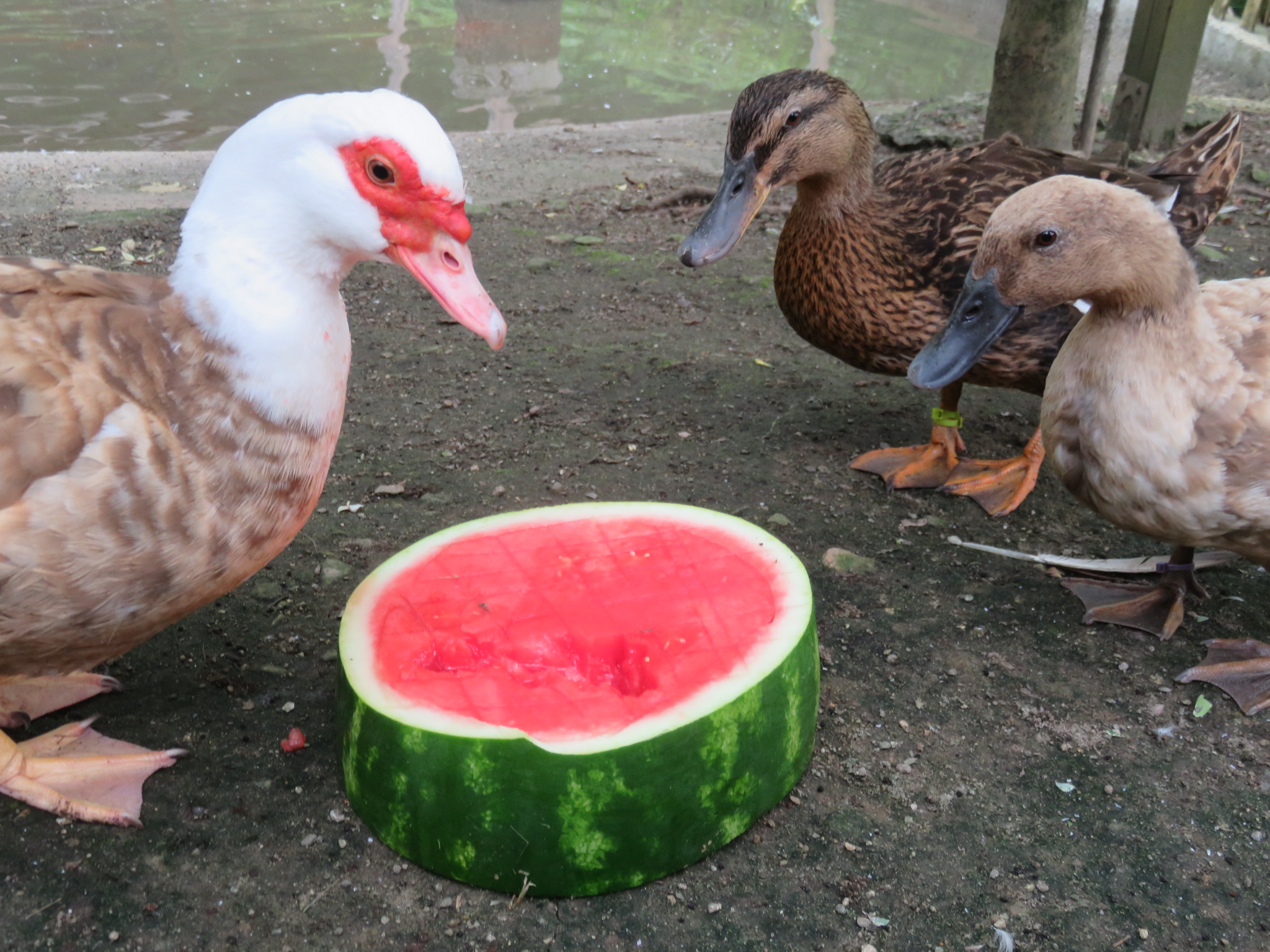
Mable, LeeLoo & Dolly!
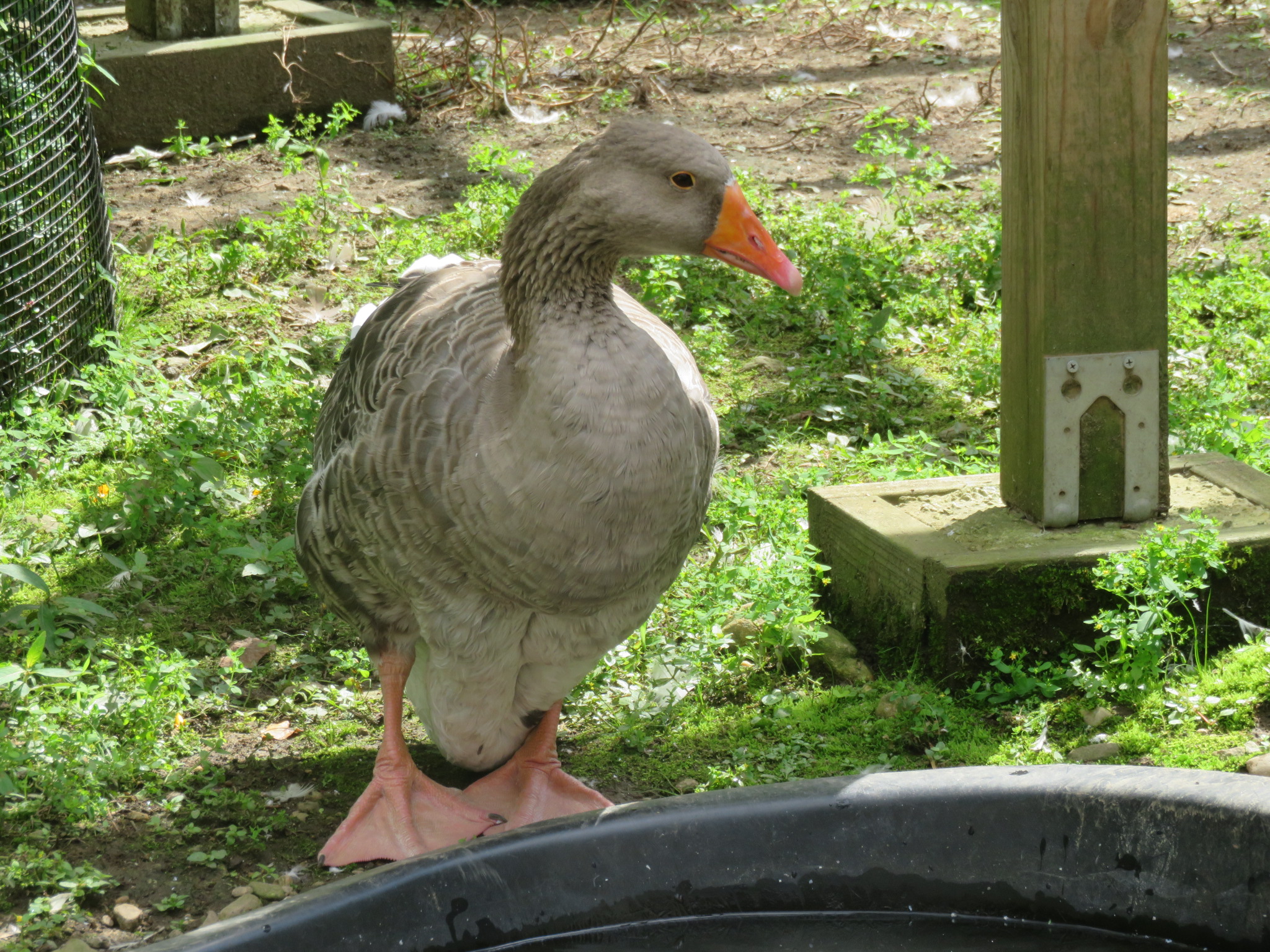
Time for Tyme!
Majestic T-Shirts
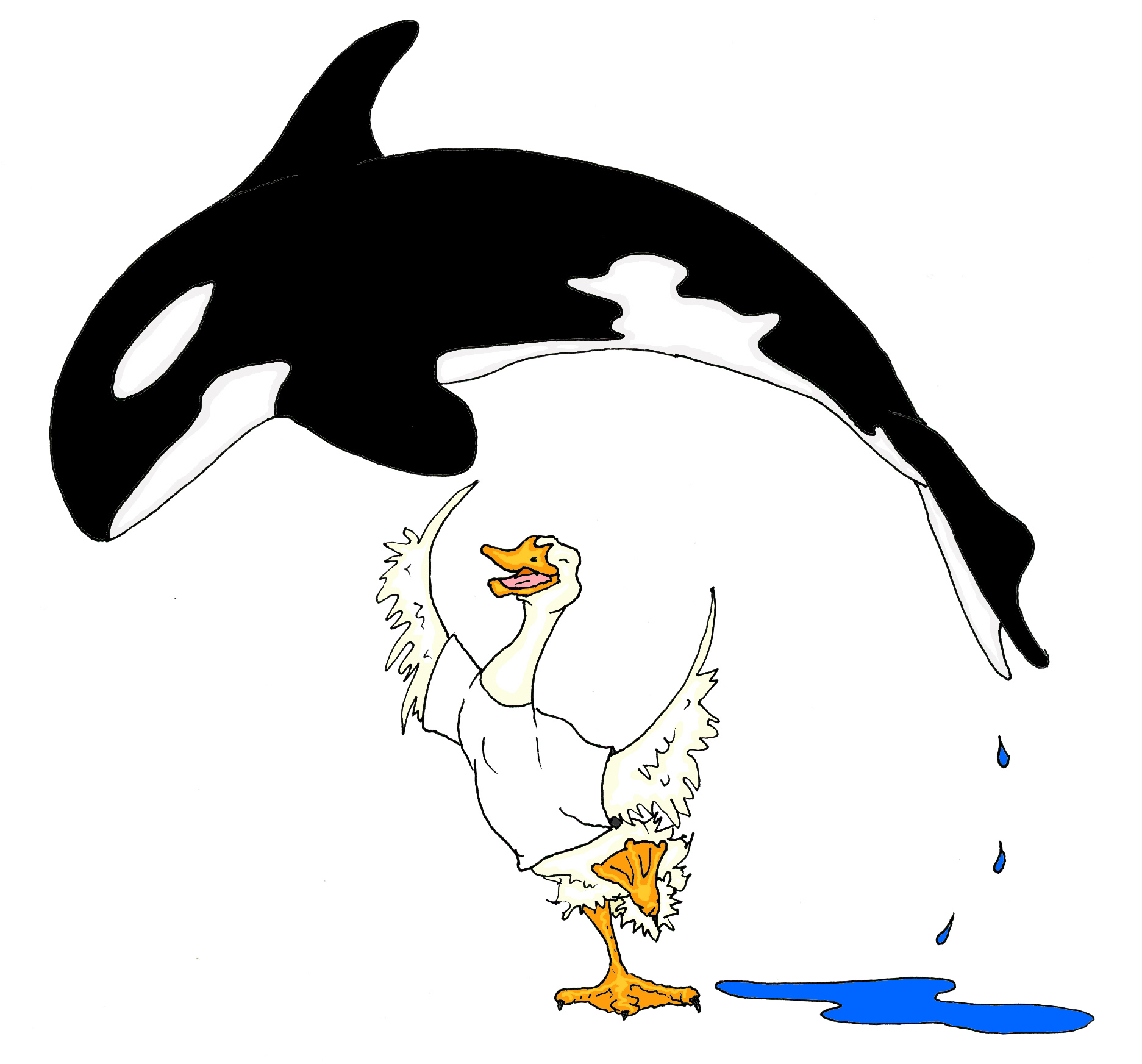
Our new Waterfowl Memorial T-shirts and our classic Muckin' Fun for Everyone t-shirts are now being sold, printed and shipped by Chook Shirts. This change means a much bigger chunk of the proceeds are now received by our sanctuary. Thank you so much for all of your help and services, Jenn!

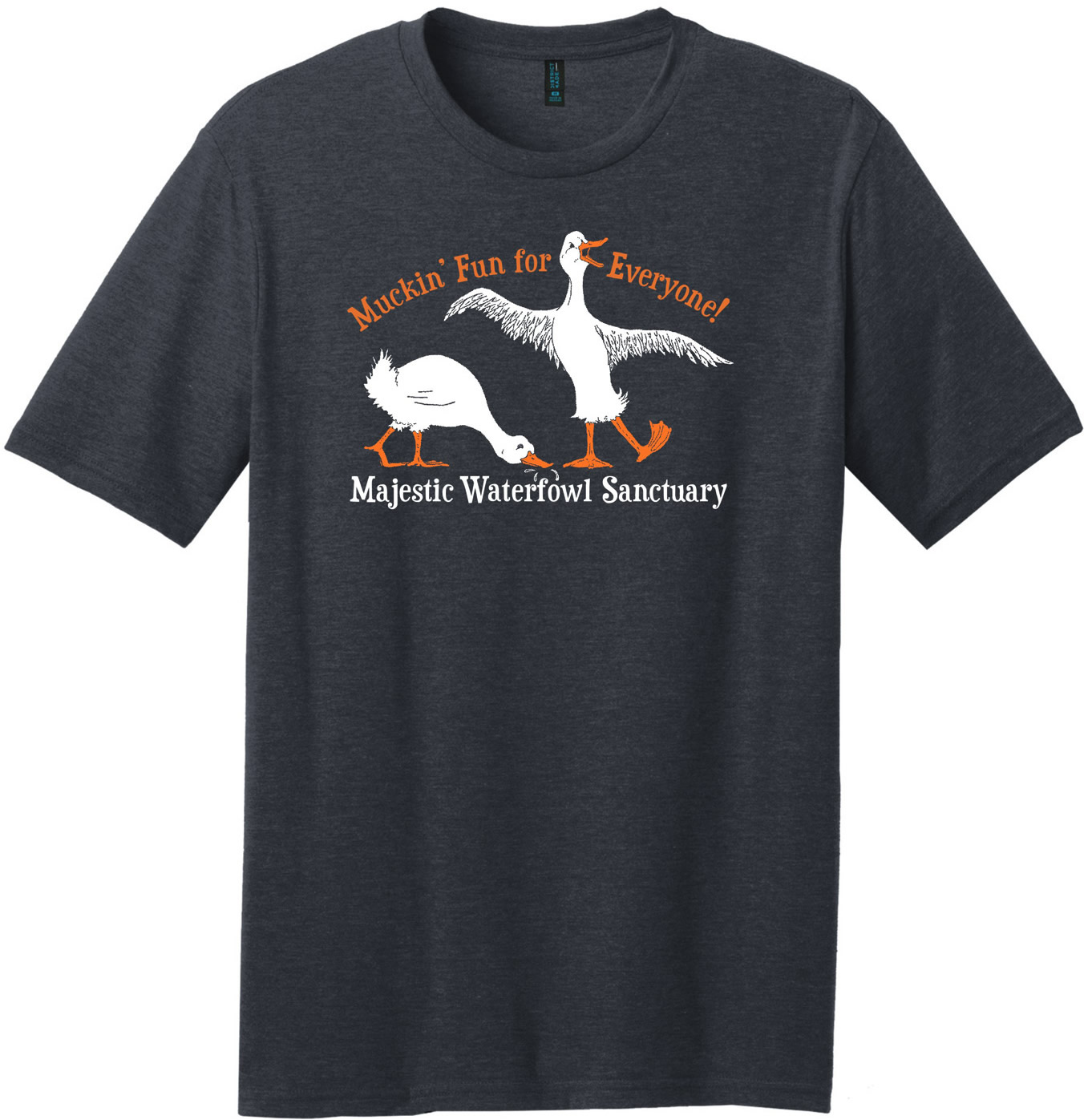
Gift Keepsakes
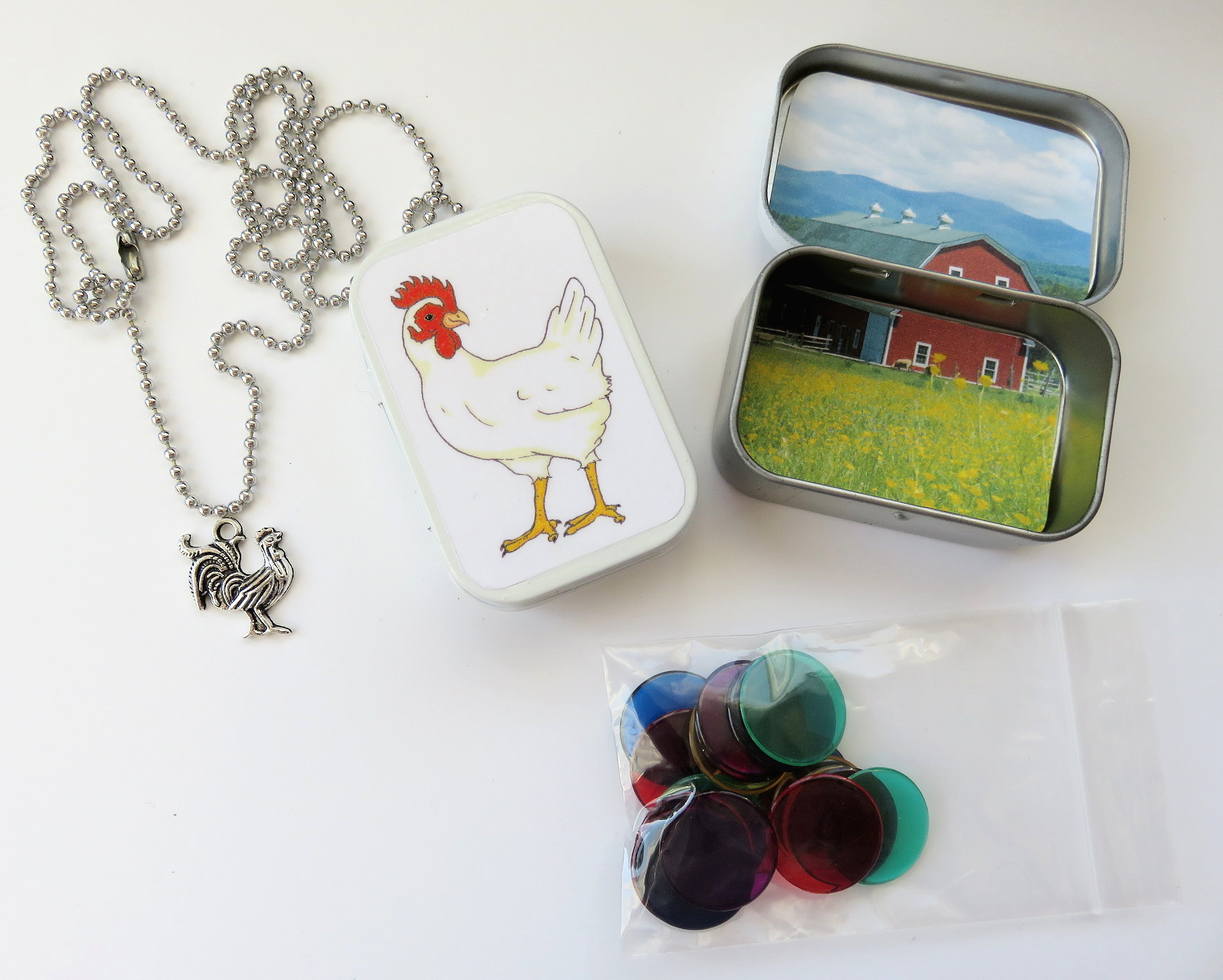
Visit our external website that features photos and descriptions of all of our Pet Keepsakes and Pet Memorial Care Packages.
These gifts are all customizable and are available in various donation levels to suit different budgets.
www.Petkeepsake.weebly.com
Please keep in mind, you still need to visit the Pet Memorial page of our own Majestic website in order to donate for yours.
Majestic
Gift Shop
Visit our Majestic Gift Shop for some fun Majestic items! Proceeds from the
shop benefit our sanctuary!
Lullaby Friends Mug:

Majestic Sponsorships!
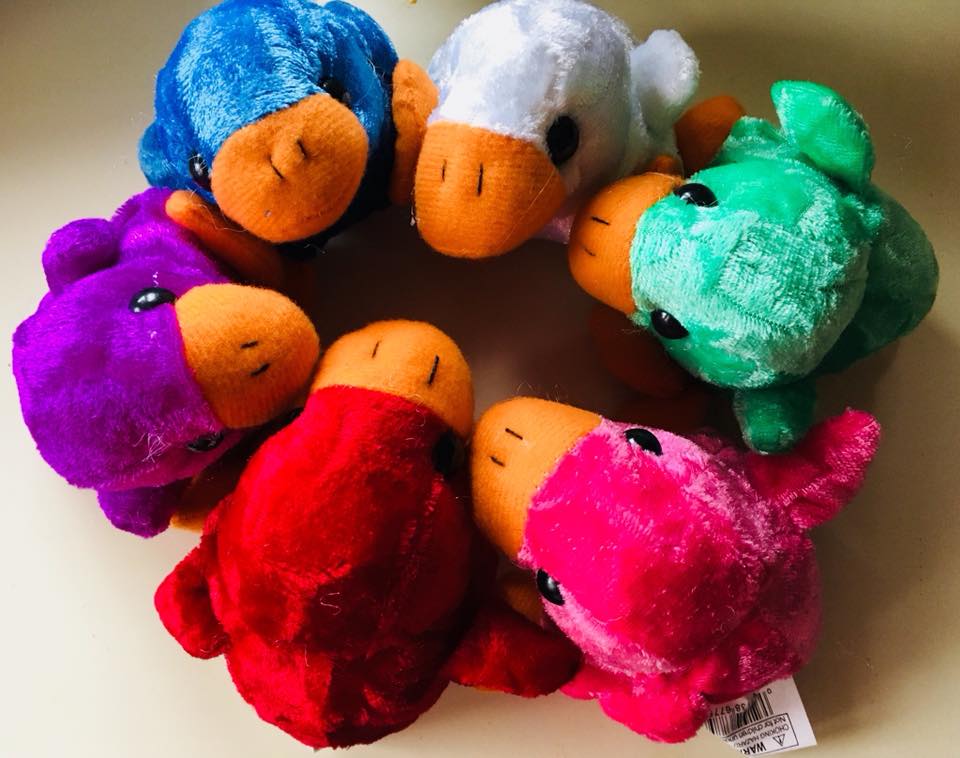
Give the gift that keeps on giving! Please consider sponsoring
our rescued ducks and geese. Visit our Sponsorship Page to learn how!
*Sorry... Continental USA only.
Contact Us
Majestic Waterfowl
Sanctuary
17 Barker Road
Lebanon, CT 06249
directorATmajesticwaterfowl.org
Our Newsletter
The Majestic Monthly is published 12 times per year.
Previous issues are available in our
Archives.
|
Eye Crust (Sticky Eye)
Ducks with certain types of disabilities (including those with neurological problems, balance issues and limb disabilities) often can’t coordinate their movements well enough to groom properly. While healthy ducks can easily manipulate their webbed feet and use their toenails to assist in delicately preening the tiny feathers around their eyes, ducks with mental and physical challenges may not be so adept. As a result one or both of their eyes can get a little messy.
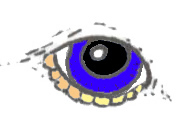
Some symptoms of eye crust may include: mild caking of normal discharge and dirt around the eye(s).
Actively keeping an impaired duck’s eyes nice and clean can really help prevent unwanted infections. Some ducks may need one or both of their eyes cleaned daily, others weekly and still others only randomly here and there—often depending on the season and availability of clean swimming water.
To tidy-up the feathers around your duck’s eyes dip a clean washcloth into a bowl of lukewarm water until it’s soaking wet. Gently hold your duck in place (or kneel down over them to keep them still) and then use a small portion of the towel to gently wipe the feathers around their eyes, being careful not to actually touch their eyeballs or any connective tissue. Your strokes should be slow and tender. Never scrub their feathers and always move the washcloth in the same direction as their feather growth.
If your duck’s feathers are caked down or hard, hold the water-soaked washcloth gently in place over their eye and allow the warm water to permeate through and soften the crusty build-up. As their feathers begin to feel pliable, slowly begin wiping their feathers clean of debris. Manipulate the washcloth frequently, so that you’re always holding a clean section of fabric against your duck’s feathers and re-dip it into the warm water often to keep it laden with water.
In more acute cases, you may not be able to get their eye completely clean in one sitting and may have to come back to it later in the day or over the course of a few days. Some ducks just need a head start before being able to complete the task on their own. If you’re having trouble getting or keeping their eyes clean, if build-up is quickly returning, this may be an indication of an infection; in which case, you should take them to the vet for an examination.
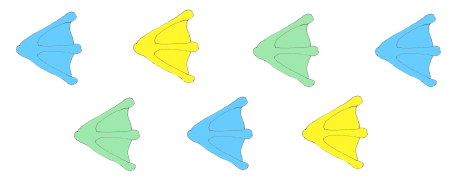
Neurological Disorders
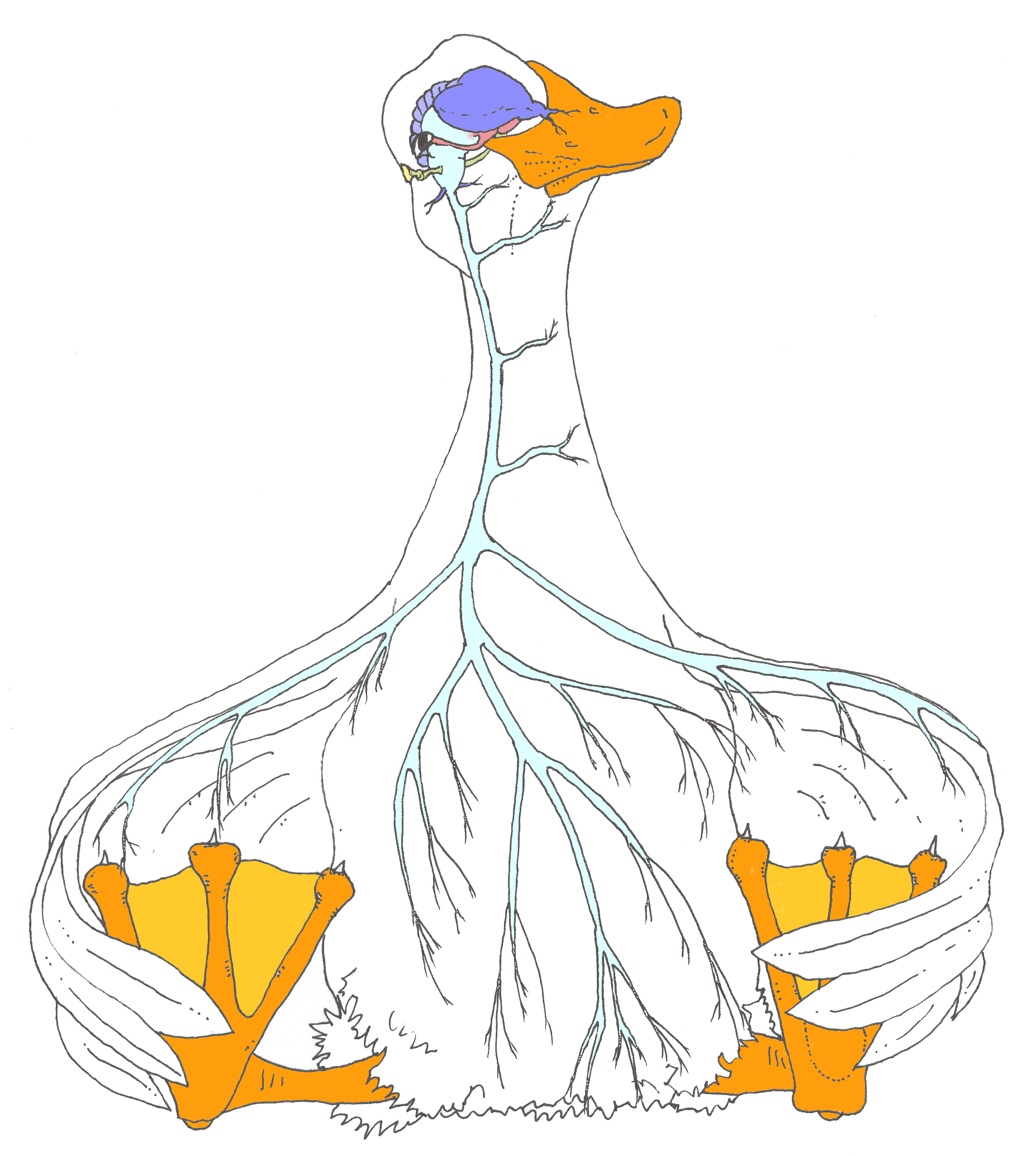
Congenital Neurological Disorders
Ducklings and goslings can hatch out of their eggs with inherent brain or spinal cord disorders, which often result in neurological complications.
Some symptoms of neurological disorders may include: balance issues, impaired motor control, circling and Seizures. These symptoms can be mild or acute, having minor or major implications.
Individual cases should be carefully examined and reviewed with a qualified vet to determine if your duck or goose ’s special needs can be met through supportive care and medications, or if they have a real quality-of-life issue, in which case euthanasia may need to be explored.
Environmental Neurological Disorders
Most neurological disorders are environmentally based. Common causes include: disease, malnutrition, incubation errors, severe trauma and Ingestion of Toxins.
Incubation Errors
Sadly, many neurological issues actually begin while ducklings and goslings are still tucked inside their little eggs. Improper incubation techniques are the number one cause of neurological issues among hatchlings and most of these blunders are inflicted upon them by inexperienced and unqualified humans.
Some symptoms of incubation errors resulting in neurological issues may include: newly hatched ducklings and goslings who demonstrate seizures, paralysis, spinning in circles, balance issues and muscle coordination deficits.
Sadly, most vets won’t even touch hatchlings in this predicament other than to offer euthanasia. If your duckling or gosling is a real fighter with mild symptoms, you may be able to find a vet willing to provide some supportive care including fluids, glucose, an anticonvulsant/sedative and nutritional support.
Brain & Spinal Cord Trauma
Most injuries involving the head and spine can commonly be attributed to human error. Ducklings and goslings dropped through human mishandling can result in skull and spine fractures, spinal compression, brain swelling and hemorrhaging that can lead to a lifetime of disability. Young children who squeeze hatchlings too tightly in their hands can also cause these types of injuries.
Some symptoms of brain and spinal cord trauma following an accident may include: bleeding, swelling, seizures, dizziness, spinning in circles, impaired motor control, balance issues, sudden onset paralysis, excessive open-bill panting (indicative of pain), unwillingness to move or engage in normal activities.
Depending on the age of the hatchling and the severity of the accident your vet may be able to treat trauma with anti-inflammatory/pain medication as well as providing supportive care including fluids, glucose and nutritional support. Depending on the situation, recovery may be partial or complete.
For more thorough information regarding neurological disorders and other health and care topics, check out The Ultimate Pet Duck Guidebook and The Ultimate Pet Goose Guidebook, which are both available in b&w and color versions on amazon.
Links to all of Kim's waterfowl books can be found here: Happy Duck Publications.
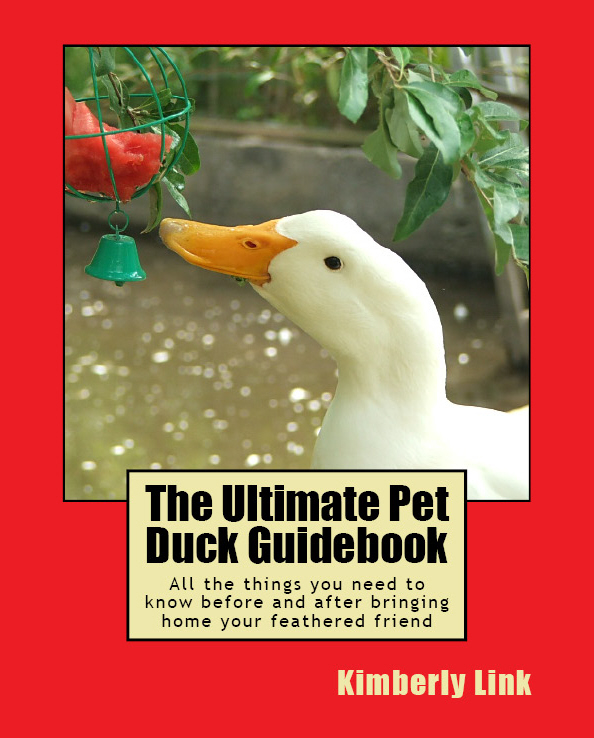 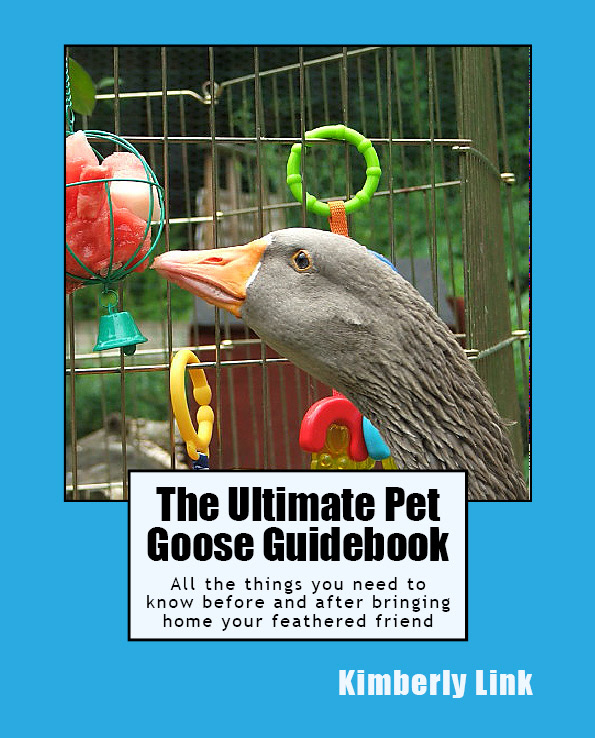

|

